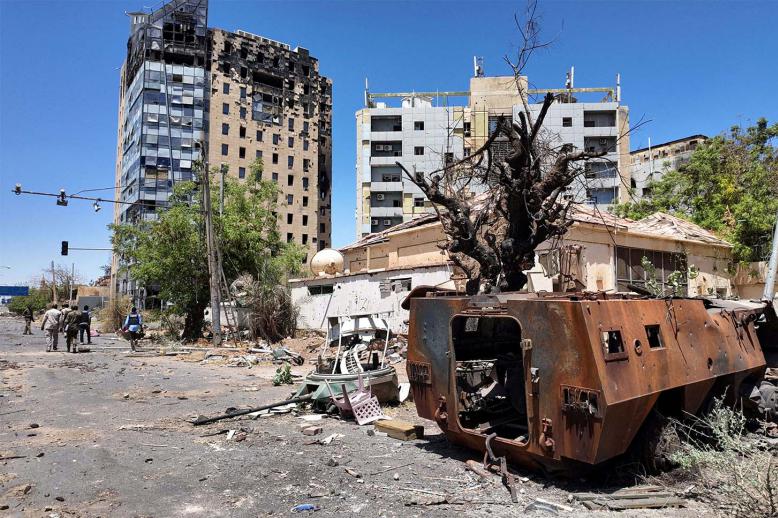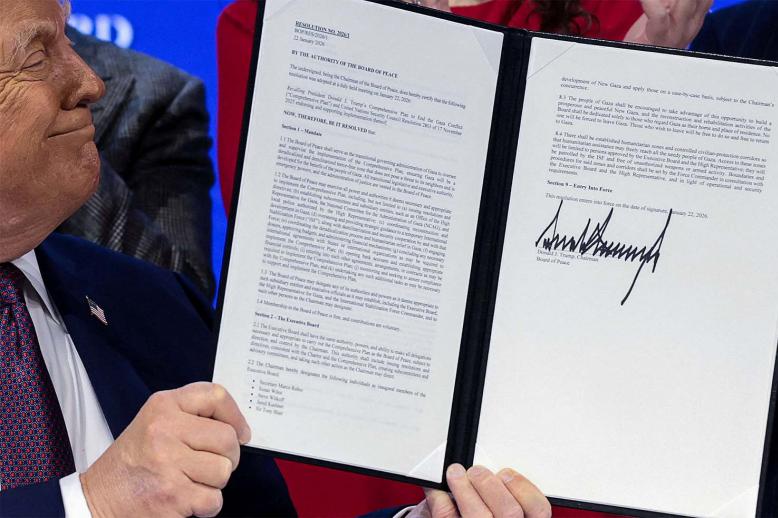'Switzerland of the Middle East' is on the brink of failure
For 30 years, since the end of 15 years of civil war, Lebanon came very close to being designated a failed state. To reach that highly undesired status there are certain criteria that a country must meet.
That includes a weak central government and an inability to get changes passed through parliament because power remains more in the hands of proxy armed militias who owe their loyalty more to outside powers than to their own country.
The Lebanese government’s inability to provide its population security and social services made Lebanon meet three of the four “failed state” prerequisites. What saved Lebanon was its banking system. Lebanese banks were sturdy, despite wars and invasions and periodic havoc in the country.
Lebanon has maintained its advantageous banking system, which remains largely unaffected. Despite wars, foreign invasions, civil strife and death and destruction in the surrounding region, Lebanon continued to be the pivotal financial centre in the Middle East.
That was until mid-October when the Lebanese pound was further devalued against the US dollar. Almost everything, from luxury seaside apartments to mundane daily items, is bought and sold in dollars in Lebanon. A large part of the population may look unfavourably at the United States and find its policies despicable but the US dollar remained king.
What prompted protests in Lebanon were rumours that the country was running short of dollars.
That and the daily hardships of living in a country where electricity is rationed and power cuts sometimes last more than 12 hours a day and where rubbish remains uncollected on pavements for months at a time, attracting rodents, flies and disease were enough to motivate people from all walks of life and all political-religious affiliations into the streets, demanding firm action from the government.
A large percentage of the Lebanese population travels to Gulf countries or Europe, allowing for a comparison with their native Lebanon, where the country suffers from a lack of just about everything but hope.
It is precisely that hope that might force a change in the corrupt system.
The mood in Lebanon can be summed up by the actions of one woman, part of the demonstration that confronted the education minister when he showed up with bodyguards armed with AK-47 assault rifles. Determined to make her point, the young woman did not allow herself to be intimidated by the armed guard. Instead, she delivered a perfectly executed kick to the guard’s groin. Caught on video, the incident went viral on Lebanese social media.
There is only so much that a person can put up with: the lack of electricity, the absence of security, rampant corruption in government, the high rate of unemployment, rising cost of living, pollution, lack of clean air and all the other woes that befell this once-pristine country often described as the Switzerland of the Middle East.
Adding to these problems is plan by the government of Prime Minister Saad Hariri to install a tax on the popular internet communication application, WhatsApp.
To top it off, the country has suffered an unprecedented series of more than 100 wildfires that scorched large swathes of land in several parts of the country.
As can be expected the government was ill-prepared, ill-equipped and lacking proper resources to tackle the fires.
As usual in Lebanon, under such circumstances, there is the danger of interference by the traditional warlords. For now, hope remains that those who stand to gain or lose the most, such as Hezbollah, have remained noncommittal.
The novelty this time is the presence of the Lebanese Army. Previously, the government has refrained from deploying the military for fear it would split along confession lines.
That fear remains but is overshadowed by a renewed sense of hope.
Claude Salhani is a regular columnist for The Arab Weekly, where this article was originally published.







